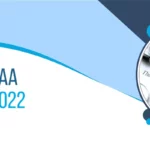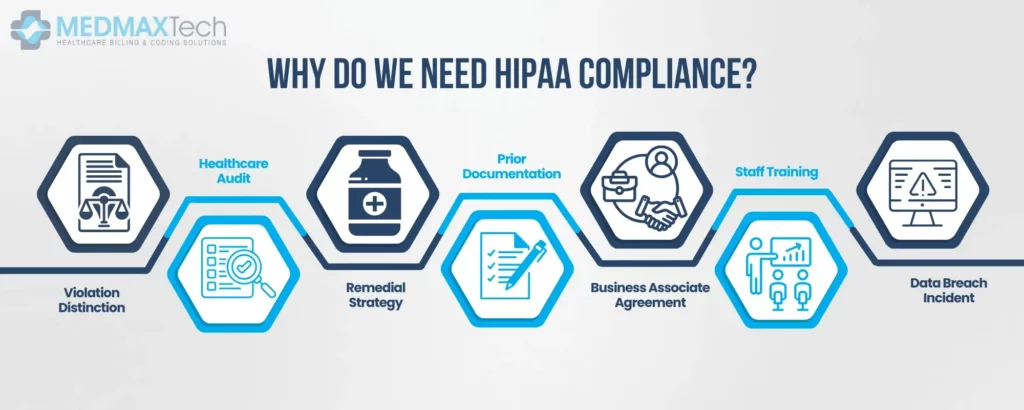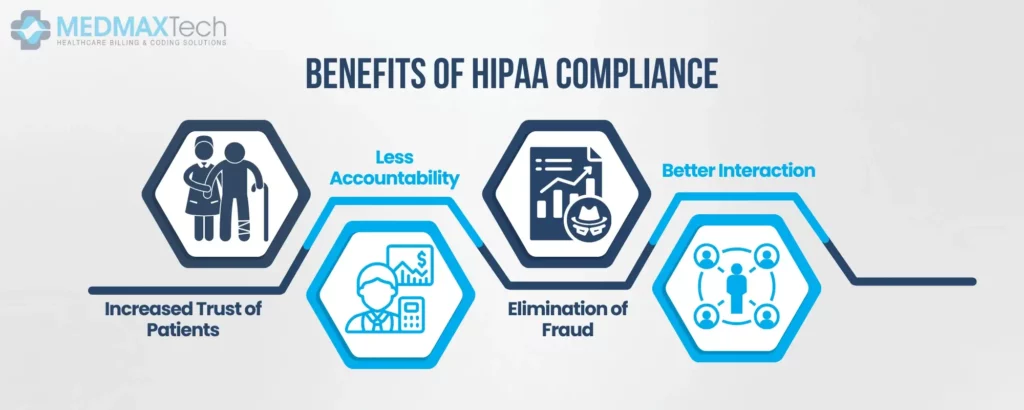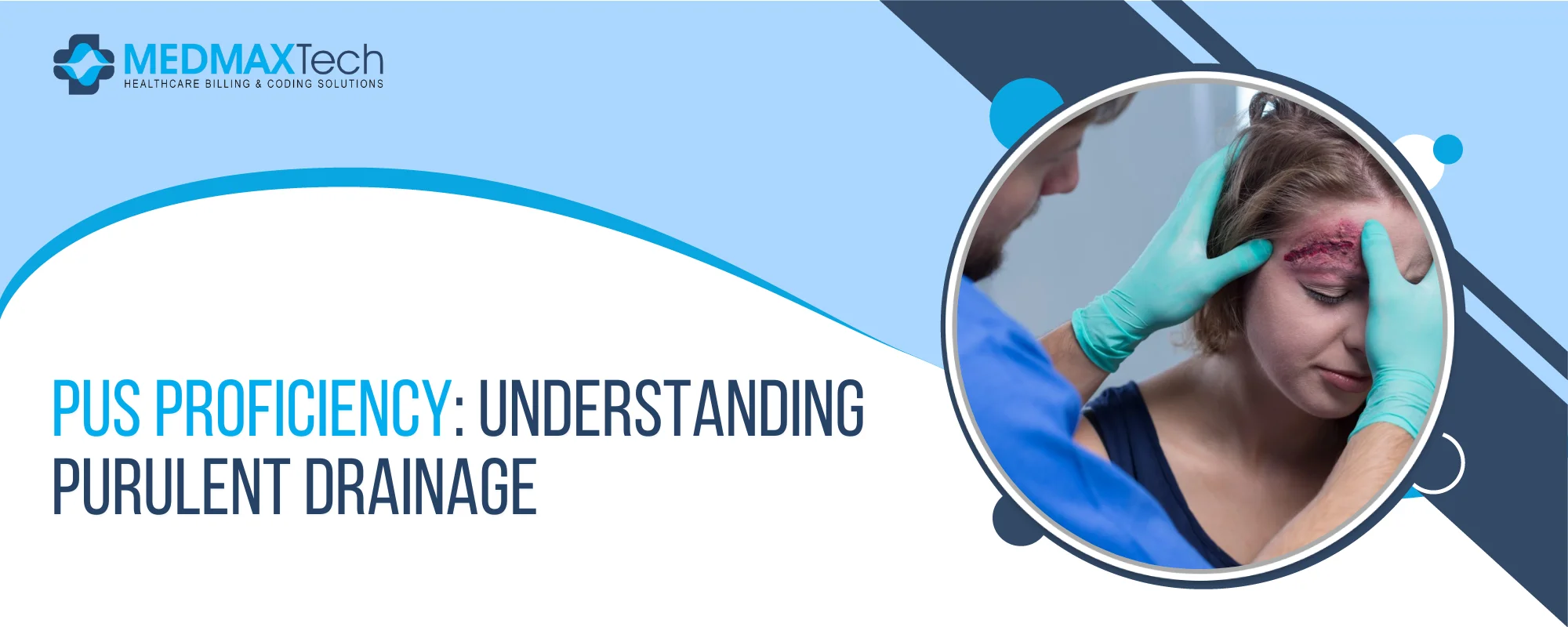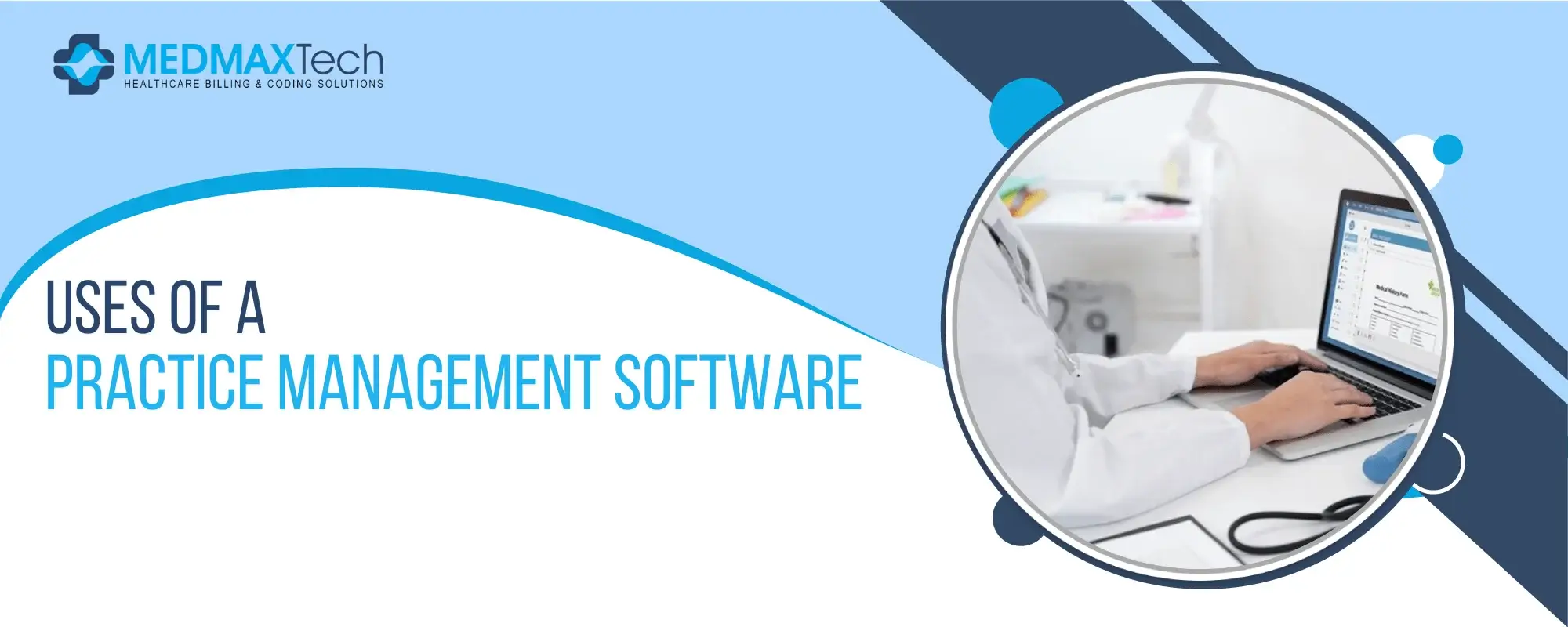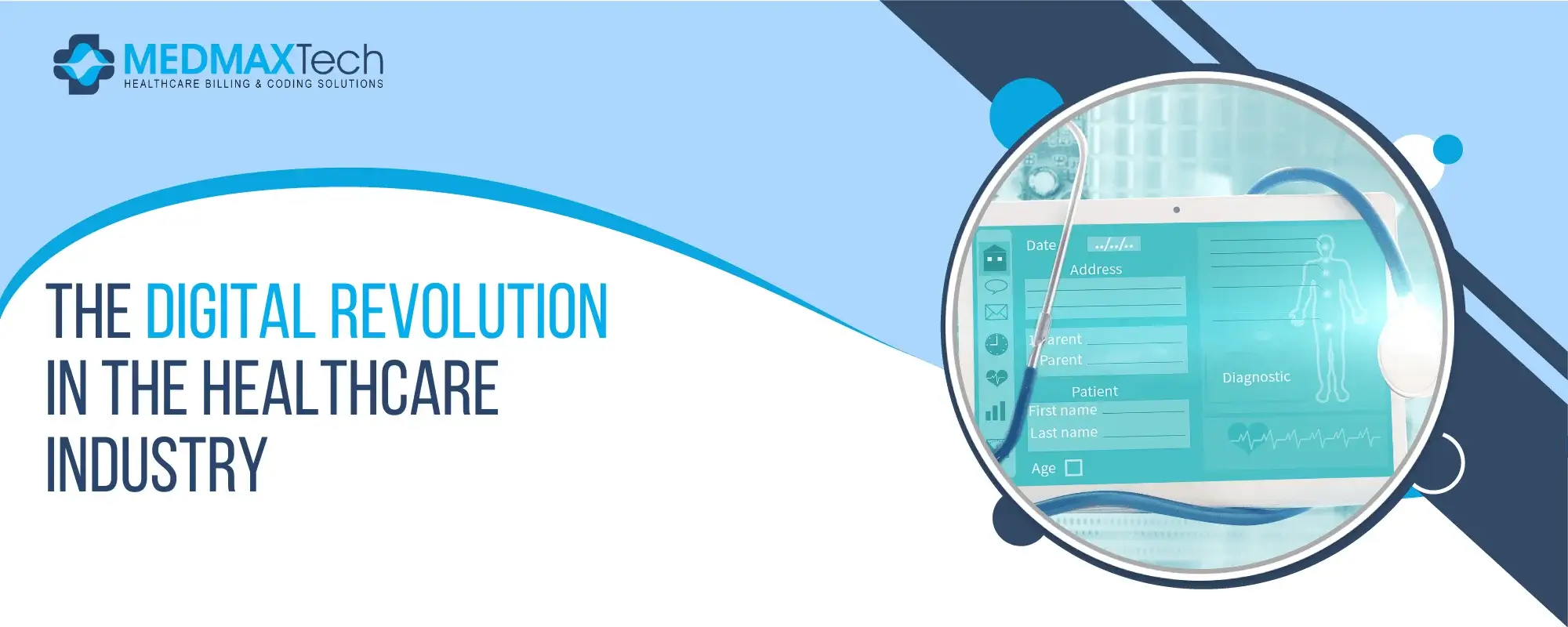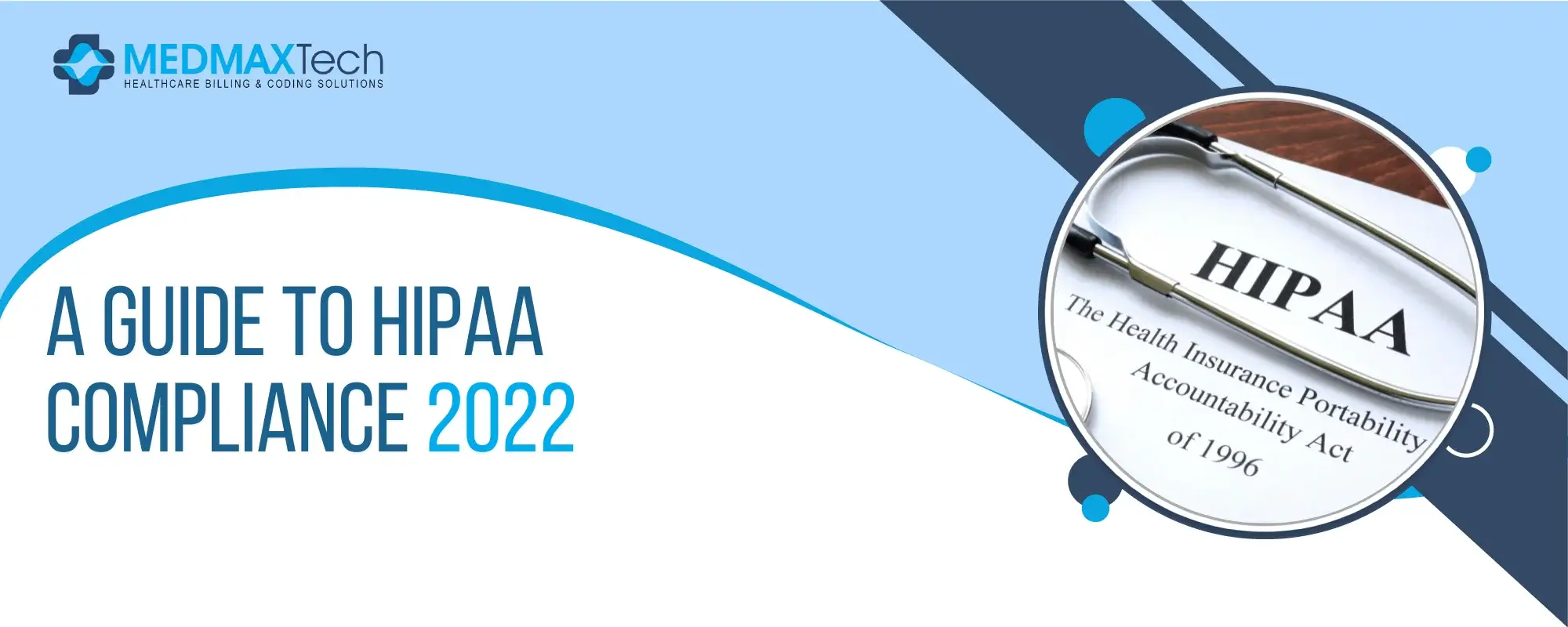
A Guide To HIPAA Compliance 2022
Are you looking for a complete guide that can help you get ready for HIPAA compliance? Does your healthcare practice is HIPAA compliant? In either case, this guide is for you.
Healthcare Insurance Portability and Accountability Act, is the protocol defining measures for securing Protected Health Information. Healthcare organizations and medical billing companies are restricted by law to act in accordance with HIPAA rules and regulations.
It was introduced in 1996 to secure patients’ personal information. With the emergence of digital channels, amendments were implemented in the act to make it compatible with the latest technology.
Companies having access to PHI, company associates, and any other stakeholder dealing with and supporting the process of healthcare treatment, whether its payment, treatment, or financial documentation, must comply with HIPAA rules and regulations.
HIPAA Privacy And Security Rules
Privacy rules set the national standards for protecting specific health information of the patients. Along with this, Security measures make sure that certain personally identifiable information of the patients is transferred securely on electronic media.
The US Department of Health and Human Services, with the help of its Office for Civil Rights, enforces privacy and security measures by implementing voluntary activities and monetary penalties. As the medical practitioners and other concerned bodies have moved to computerized systems such as EHR and RCM, HIPAA compliance has become all the more important.
On one end, The Act accommodates the adoption of new healthcare technology for improved and efficient operations involved in medical treatment, it also secures the individual information of the users.
Policies Accompanying HIPAA Compliance
Healthcare organizations need to enforce various policies, measures, and safeguards to ensure maximum security of PHI. It involves both physical and electronic security measures.
Following controls and policies are kept in place for maximum data security
- Limited authorization access to the patient documents
- Strict policies regarding the use of workstations
- Limited access to the electronic media
- Policies regarding transfer and deletion of electronic media
- Recording activity on software and hardware using trackers
- Unique user IDs
- Strong encryption and decryption
- Standard procedure for emergency access
- Controls in place to avoid PHI destruction
- Backup processes for accidental deletion of data
- Encrypted transformation of PHI over the network including internet or intranet
Why Do We Need HIPAA Compliance?
Increased sharing of patient information calls for more strict data control measures to avoid data from unauthorized access. To deliver top-notch medical treatment, healthcare providers, organizations and hospitals need to set in place data security policies, compliant with HIPAA standards.
The Healthcare Industry needs to follow data security measures in order to build trust between providers and patients and ensure safe data transmission.
If you are not HIPAA compliant, your patients may find it difficult to trust your credibility. Patients expect proper documentation of their diagnosis and the safety of their personal information. They provide their data in hopes that it will be taken care of and not shared with irrelevant third parties. HIPAA compliance is the highest level of security they can expect from their medical practice.
1. Violation Distinction
Violation occurs when the PHI is compromised due to non-compliance with HIPAA rules and regulations within the medical practice.
Not every data breach is a Violation. But a data breach becomes a violation if there was no set policy to prevent such data breach or any contingency plan to deal with the breach.
Requirements for HIPAA compliance You will need to meet certain standards set by HIPAA to become compliant with its regulations. There are certain activities you will need to incorporate in order to become HIPAA compliant.
2. Healthcare Audit
The HIPAA compliant healthcare practices should hold an annual audit to identify any gaps in the physical or technical security of the data. Only risk assessment is not sufficient as a more comprehensive audit is needed for ensuring effective compliance with rules and regulations.
3. Remedial Strategy
Every action is recommended to be documented. The same is the case with creating remedial plans after the healthcare entities and associated businesses have identified gaps through an audit. The remedial plan should be properly implemented and documented as well.
4. Prior Documentation
Medical practices should document every measure they take to become HIPAA compliant. It helps them pass the strict HIPAA audit later on.
5. Business Associate Agreement
If the covered medical practice and the associated businesses share the PHI with third-party vendors, it must be documented after implementing Business Associate Agreements.
6. Staff Training
Healthcare entities should make sure to put into place policies in alignment with HIPAA compliance. They should hold annual training of the staff and take documented attestation by them about their understanding of the policies and procedures. The policies should be updated on an annual basis keeping in view the changes within the organization.
7. Data Breach Incident
According to HIPAA notification policy, if a data breach occurs by the medical practice or associated business entity, the patient must be notified and the process should be documented properly.
Benefits Of HIPAA Compliance
There are multiple benefits of complying with the highest standard in data protection and security.. Some of the obvious benefits are the following;
1. Increased Trust of Patients
Implementing policies in alignment with HIPAA rules and regulations will help you prevent data breaches and security issues, enhancing patients’ trust in your practice. Your practice will appear more credible and reliable in the eyes of patients, giving you an edge over the competition.
2. Less Accountability
Doctors can handle patients’ data without the tension of unintentionally hurting the confidentiality of PHI. It will help prevent the chances of getting sued by putting into place proper measures and processes for data security.
3. Elimination of Fraud
Carrying out activities like charging for non-existent treatments, getting payments for services not falling under insurance, and using medically wrong procedures by altering diagnoses, are strictly prohibited by HIPAA.
4. Better Interaction
Communicating through the HIPAA compliant portal will keep the chances of violations at arm’s length. Entering medical data, prescriptions, and treatment information all in one place makes the process smooth and fast.
Conclusion
HIPAA compliance can make your practice more credible in the eyes of the patients. It will benefit you in many ways as you will be secure from both intentional and unintentional data breaches.

Jessica Collins
Jessica Collins is a Certified Professional Coder (CPC) specializing in medical billing services and revenue cycle management (RCM). She works closely with healthcare providers and medical billing companies to streamline claim processing, reduce denials, and enhance reimbursement efficiency.

